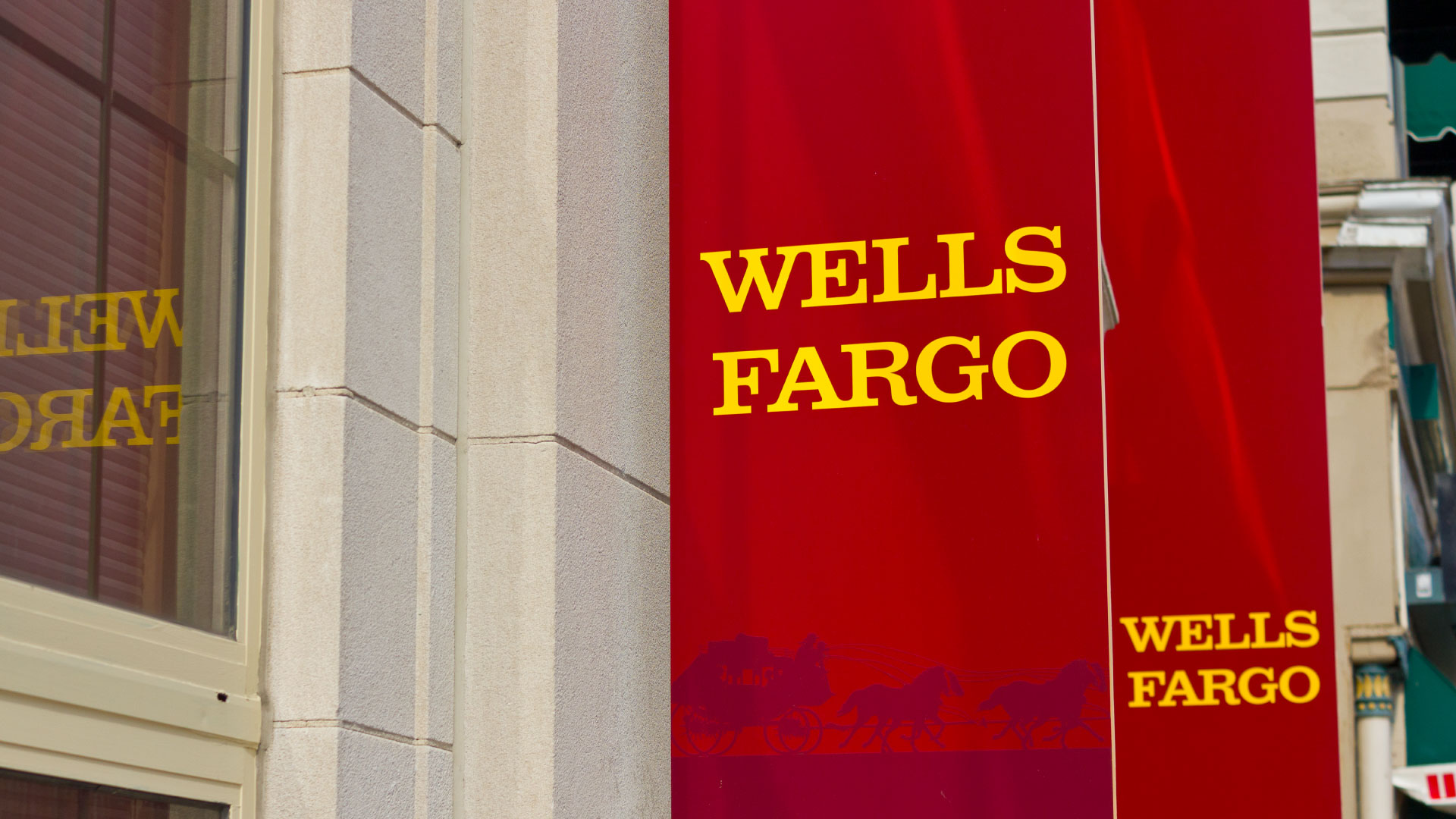
Middle East Gearing Up For The Age Of Compliance
Bribery and corruption have long blighted the Middle East’s attempts to truly deliver on its potential to become a major international finance center, but a series of regulatory reforms and enthusiasm for AI-driven compliance may offer a pathway to risk-averse U.S. and U.K. banks wishing to enter the region.
Of all the emerging regions, the Middle East is perhaps the most enticing to Western funds. Wealth and economies across the region continue to mushroom, amid a seemingly endless supply of investment opportunities in exciting new projects.
After years of destabilizing oil price crashes, wild stock speculation, property booms, and even war, the region’s banks are maturing, but experts say more robust regulatory frameworks are necessary for the good progress to continue.
Corruption, enabled by substandard compliance, is rife, and Western investors going in blind are more likely to be ripped off than turn a profit, said Zafar Anjum, founder and Chief Executive of Corporate Research and Investigations Group (CRI).
Headquartered in London, Anjum’s team has been helping firms in Qatar, Dubai, Abu Dhabi, and Saudi Arabia build stronger compliance defenses in line with the shifting corporate regulatory regimes that govern the Middle East.
“In the Middle East, the issues relating to fraud and corruption are of major concern because there isn’t the legislation when compared to developed countries,” Anjum said. “The definition of fraud and fraudulent activities are different across the Middle East, for example, which creates holes in regulation.”
Anjum has seen the entire gamut of corporate crime, and helps firms to guard against insider threats. At present, the coronavirus pandemic is causing a spike in activity.
“Handshake agreements built solely on trust are a thing of the past; fraudsters are taking on complex identities and utilize far-fetched (but very believable) schemes to boldly fleece seemingly intelligent and highly educated victims,” he said. CRI Group has several case studies as prime examples of what happens “when parties focus too much on trust and dollar signs and not enough on the outside sources promising those dollars,” he said.
Gaps In Regulation
The Middle East’s lack of equivalent legislation to U.K. and U.S. anti-bribery laws means private companies help police business areas such as the Dubai International Finance Centre (DIFC), because, as of yet, regulators simply do not have the resources.
The DIFC was established in 2004 to foster a safe regulatory environment for companies to do business. One of its aims was to attract investment from London and Wall Street firms, along with other corporates from both continents. A regulator was created to monitor the market, and the set-up was replicated for the Abu Dhabi and Qatar financial business districts.
These economic “free zones” have relied on firms themselves to help shape the regulatory framework, Anjum said, which has led to a fragmented set of frameworks broadly aligned with the U.K. or U.S. markets, but not as advanced.
The government of Dubai, and regulators, specifically the DIFC and the Dubai Financial Services Authority (DFSA), are toughening their responses to firms, to prove to the international community that their rules are aligned with global recommendations, Anjum said.
“Dubai is introducing several new regulations to facilitate investors, such as an amendment in commercial law which will allow 100% foreign ownership across 122 economic activities,” Anjum told Radar. “Dubai is investor-friendly and it’s very easy to do business with less bureaucratic hurdles and ‘red tape’. However, investors need some level of familiarity with local traditions, language, and culture.”
The importance of conducting due diligence before entering a business deal or joint venture in Dubai cannot be understated, he said.
No Love For Compliance
According to a survey conducted by law firm Baker McKenzie, 41% of Middle Eastern banks have experienced enforcement investigations by regulators for poorly implemented technological systems and controls.
Much of the problems have stemmed from compliance shortcomings, with the key line of defense being shut out of decision-making. A third of the 1,500 businesses surveyed said their organization is employing new technology “without any regard for potential compliance and regulatory risk at all”, said Dubai-based Kellie Blyth, Counsel and UAE Head of Data and Technology at Baker McKenzie.
The consequences of marginalizing compliance departments in projects where systems are being updated are clear; in January, the Central Bank of the UAE (CBUAE) imposed financial sanctions on 11 banks operating in the country for compliance failings.
Global regulators have said the central bank and other watchdogs in the Gulf must share some of the blame.
Per the Baker McKenzie survey, 52% of compliance leaders in the Middle East report that a lack of consistent guidance on compliance technology from regulators is stymying their progress.
One hand feeds the other, said Ibtissem Lassoued, partner in Dubai law firm Al Tamimi & Co.
“The approach of the authorities to sculpting the legal framework around financial crime issues informs the culture of compliance, creating a reinforcing, symbiotic relationship,” said Lassoued. “The effectiveness of a legal framework is predicated on the extent to which compliance functions are able to implement the requirements, which lies at the heart of private sector participation in financial crime controls.”
Familiar Endeavours
Moves are afoot to develop fit-for-purpose rulebooks that suit the regional market but are also clear and transparent enough to draw in U.S. and U.K. firms. Indeed, many of the recent changes in areas of anti-bribery and corruption have been adopted from Western regulations, in the hope of creating a standardized set of rules that will give outside firms some comfort.
In June, the CBUAE launched a new whistleblowing portal as it seeks to uphold “the highest standards of integrity and transparency”. It announced that the portal will be an encrypted channel that allows internal and external stakeholders to anonymously raise any concern related to misconduct or policy violations.
The portal, located on the CBUAE website, allows employees and external stakeholders, such as financial institutions, vendors, and the public, to voice their concerns around misconduct without the fear of reprisal. It also allows the sharing of comprehensive information around a relevant concern, including the attachment of files and documents in support of a particular claim.
For Anjum, the next problem to tackle is that of “box-ticking” compliance. He said it has crept into business practice mainly because firms are not used to dealing with compliance at all, and firms need to be convinced that a strong base in regulatory compliance can help the firm win more business.
“In seeking to become a corporate exemplar of ‘best practice’, the business protects its brand positioning and can highlight a clear point of commercial and ethical differentiation concerning any competitors,” Anjum said.
Intelligent Regulatory Technology
The UAE heads the list of countries in the Middle East with the highest number of financial technology start-ups, and the area is leading the way in promoting the benefits of AI in compliance.
Enthusiasm for machine learning and automation in compliance is growing across the region and Anjum believes that as firms embrace intelligent tools that reduce human workload and error, they can parse data to help their business grow, and ultimately become more trusted.
“Within the next two years, the overwhelming majority of [Middle Eastern] compliance leaders plan to further adopt machine learning, AI, and predictive analytics within the function,” said Joanna Ludlam, Global Co-chair, Global Compliance & Investigations at Baker McKenzie. “We are already seeing some advanced use of digital tools among tech-enabled compliance teams — including bots for finding and delivering information as part of compliance training and data-backed systems designed to identify concerning patterns of behavior.”







